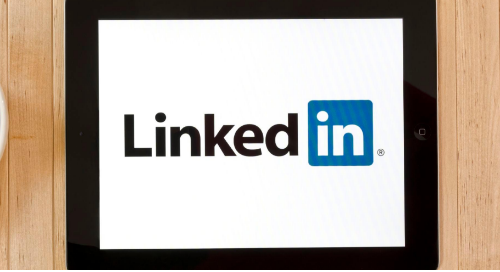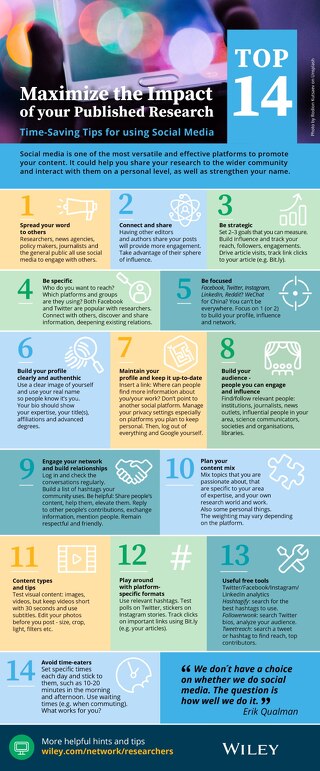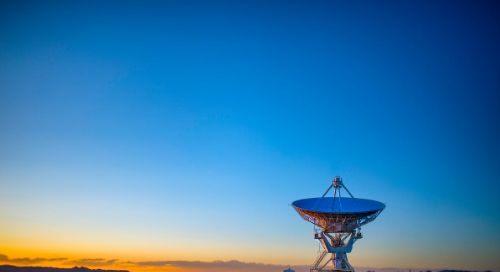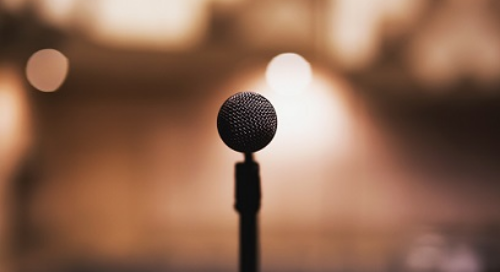how-can-scientists-better-communicate-with-the-public
March 30, 2015
At Sense About Science, we see early career researchers – members of the Voice of Young Science (VoYS) network – standing up for science. They take an active role in public debates about science: tackling misconceptions, challenging pseudoscientific product claims and responding to misinformation in all kinds of media. But what about the rest of the scientific community? Professor Elizabeth Hadley, Stanford University, believes that communication is an obligation for scientists, as a long term dialogue with the public and policy makers. But not everyone feels scientists do a good job engaging with the media.
Prof Hadley was speaking on a panel at the American Association for the Advancement of Science (AAAS) conference in San Jose last month. The conference is attended by up to 8,000 scientists, communicators, members of the public, and policy makers from across the globe. This year, Sense About Science UK and Sense About Science USA joined the conference for the first time.
Sense About Science Workshop at AAAS
I don’t know what to believe…
During the panel discussion, Lee Rainie began by asking the audience “How do we know what to believe?”, and followed up by proposing the answer inevitably involves consulting experts. This strongly echoes Sense About Science’s work encouraging scientists to share the question “is it peer reviewed?”. Rainie introduced findings from a survey by the Pew Research Center in collaboration with the AAAS, asking AAAS member scientists if they should engage with the media. The survey showed that 51% of responders talk to reporters to engage.
But are the experts well-represented in the media? The report’s findings showed that 79% of the AAAS scientists think it’s problematic when news reports don’t distinguish well-founded findings. And 52% thought over-simplification of results reported in news media was a major problem for science. I wonder if these concerns dissuade scientists from engaging?
One of the other panelists, Professor Dominique Brossard from the University of Madison Wisconsin, also surveyed scientists about their views on engagement, looking at how they engage, and the benefits of doing so. Prof Brossard’s pool was researchers at her institution, not AAAS members, and she found a high level of engagement, particularly through social media. Field and context, Prof Brossard says, also play a part in how and why scientists communicate. Her findings showed that 60% of scientists engaged directly with lay audiences, and that those who talk to reporters had higher H-index scores.
Scientists Fault Public Knowledge and Media Reports as Problems for Science
Is it scientists’ role to improve science reporting?
While the panel discussion focused on how scientists communicate amongst themselves and the wider world, one question that naturally arose was: “Whose responsibility is it to increase the accuracy of science reporting, and engage the general public in scientific issues?” Although it is clearly important for scientists and experts to develop good lines of communication with journalists, we also believe we should be equipping the public to better understand and question science reporting in the media, to make sense of it – which Sense About Science does through the Ask for Evidence campaign. The general public is confronted daily with claims about the efficacy of their medical treatment, the benefits of the latest so-called ‘superfood’, or the inevitability of global warming. Some are based on reliable evidence and scientific rigor, but many are not. To hold organizations, companies and individuals accountable, we should always ask for evidence.
Sense About Science believes that scientists have a responsibility to communicate and share their research with the public. It’s not just that doing so can help with funding and career development – sharing your knowledge of the scientific process can benefit a wide range of audiences, enabling them to engage more actively with scientific issues in daily life. It’s what Sense About Science has been working to do in the UK, and, since its formal launch at AAAS, Sense About Science USA will now be taking on there.
When everyone was heading away from the AAAS venue, I chatted at the airport with a Duke University Professor of Medicine about the conference, telling him I worked for Sense About Science and that Sense About Science USA was launching. He told me “it’s so important for the public to know these things so they can make an informed decision”. As information continues to become more accessible and abundant, the importance of being able to identify rigorous, peer-reviewed science from advertising copy or pseudo-science will only increase. That’s why we believe that scientists have a responsibility to help the public to understand the value of the scientific method and its applicability in everyday life. So keep up the good work standing up for science, sharing peer review, and remember to ask for evidence.













